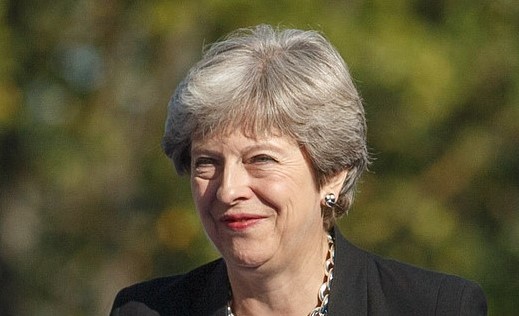Britain’s new Brexit Secretary has warned that his country will only pay its EU divorce bill if the bloc agrees the framework for a future trade deal.
Dominic Raab told the Sunday Telegraph on July 22 that “some conditionality between the two” was needed.
Raab, who replaced David Davis after he quit the role earlier this month in protest over the government’s Brexit strategy, stressed that Article 50 mechanism used to trigger Britain’s imminent exit from the European Union provided for new deal details.
“Article 50 requires, as we negotiate the withdrawal agreement, that there’s a future framework for our new relationship going forward, so the two are linked,” Raab told the Sunday Telegraph. “You can’t have one side fulfilling its side of the bargain and the other side not, or going slow, or failing to commit on its side. So I think we do need to make sure that there’s some conditionality between the two.”
As reported by the Agence France-Presse (AFP), the British government has sent mixed signals so far on the divorce bill.
Prime Minister Theresa May agreed in December to a financial settlement totalling €39-44bn that ministers said depended on agreeing future trade ties.
But cabinet members have since cast doubt on the position.
Finance minister Philip Hammond said shortly afterwards he found it “inconceivable” Britain would not pay its bill, which he described as “not a credible scenario”.
According to plans unveiled by British Prime Minister Theresa May earlier this month, a customs partnership for goods and a common rulebook with the EU is on the cards. But her plans have been harshly criticised by members of her own cabinet and Conservative Party.
A new YouGov poll published on July 22 showed just 12% of people backed the proposals as “good” for Britain while 43 percent thought they were “bad”.

